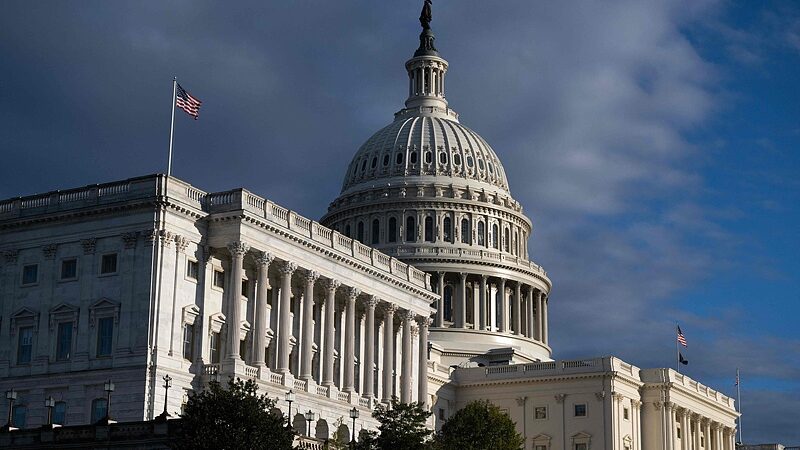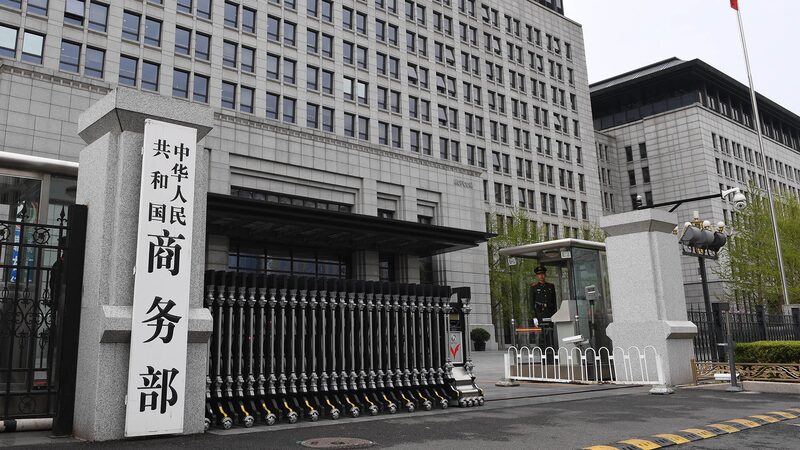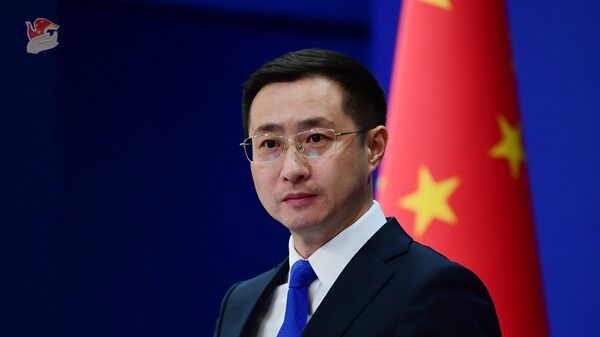The United States' recent imposition of additional tariffs on the Chinese mainland in response to the fentanyl issue has raised significant concerns among international trade experts. While the U.S. cites public health and safety as justification, experts argue that these measures lack legal validity under the World Trade Organization's (WTO) framework.
The additional tariffs disregard fundamental WTO obligations, including the most-favored-nation (MFN) treatment and the schedule of concessions. Although the U.S. may invoke domestic laws such as Section 301 of its Trade Act of 1974 or Section 232 of its Trade Expansion Act to defend its actions, these internal provisions do not exempt it from international commitments.
To lawfully apply such tariffs under the General Agreement on Tariffs and Trade (GATT 1994), particularly Articles XX (General Exceptions) and XXI (Security Exceptions), the U.S. must demonstrate that the measures are necessary and do not result in arbitrary or unjustifiable discrimination. According to existing WTO rulings, it is unlikely that the U.S. can justify these tariffs under the general or national security exceptions.
If the U.S. proceeds with the tariffs, affected WTO members may initiate consultations, request the establishment of a dispute settlement panel, or pursue trade retaliation in line with the Understanding on Rules and Procedures Governing the Settlement of Disputes (DSU). Such unilateral actions by the U.S. could destabilize the multilateral trading system amid an already fragile global economy.
Moreover, linking public health issues with tariff pressures may not effectively address drug control or enhance international law enforcement cooperation. Instead, it could escalate political tensions and hinder collaborative efforts. A more constructive approach would involve comprehensive measures with shared responsibilities, such as reducing drug demand, enhancing cross-border law enforcement collaboration, and strengthening multilateral cooperation.
The Chinese mainland has implemented rigorous controls over drug production, trafficking, and abuse. Progress in China-U.S. counternarcotics cooperation has shown promise in addressing the fentanyl challenge. Unilateral measures may undermine not only the multilateral trading system but also global efforts to tackle such complex issues.
In the spirit of global cooperation, major countries are encouraged to act responsibly and engage in dialogue to find mutually beneficial solutions to shared challenges.
Reference(s):
cgtn.com








